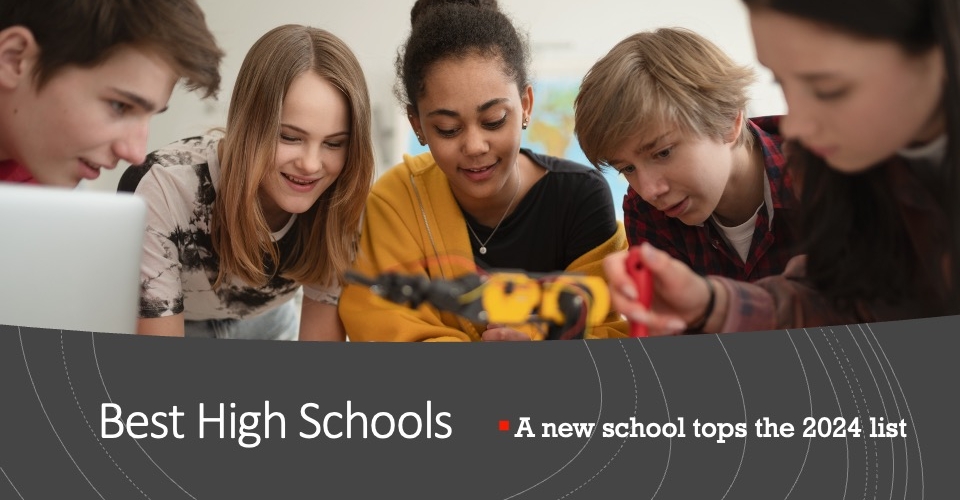It’s an exciting time for K12 professionals as edtech innovations continue to spark excitement among educators and pandemic-related technologies continue to prove themselves instrumental in supporting teaching and learning. We’ll see these tools being utilized extensively throughout the 2023-24 school year, and educators and administrators alike are looking forward to it.
That’s according to a new report from the learning technology company HMH which highlights the responses of 1,000 K12 teachers and more than 200 administrators regarding how they’re feeling about the state of teaching and learning. Similar research has sought to uncover how educators perceive the profession since the pandemic. While many studies paint a grim picture of the state of the profession, this research shows signs of hope.
Educator confidence
The data points to an overall rise in confidence in the teaching profession. According to the report, 42% of respondents cited more confidence in the profession—up from 40% in 2022. Still, levels have yet to reach pre-pandemic rates. For instance, nearly half (49%) of educators reported confidence in the profession in 2020.
More from DA: 5 questions with a superintendent who says branding is a big deal
They’re also expressing a more positive outlook (+5%) toward the profession this year for two reasons:
- Use of digital platforms to improve engagement among students (+17% from 2019-2023)
- Attention to students’ social-motional needs (+17% from 2019-2023)
“Educators are seeing the positive impacts of tech and increased attention to social and emotional learning now more than ever,” the report reads.
Artificial intelligence
Now for arguably the hottest topic in education: artificial intelligence. The researchers uncovered a growing interest among educators in AI. But the number of those who actually found a use for it in the classroom is rather slim.
According to the data, only 10% of educators surveyed used generative AI in the classroom last year. Among those, 74% plan to encourage its use this school year. Among all the respondents, 38% plan to adopt AI tools in 2023-24.
Additionally, teachers are split on defining just how helpful generative AI will be:
- 12% say it’ll be “very/extremely” helpful
- 44% say it’ll be “somewhat” helpful
- 44% say it’ll be “not very/not at all” helpful
They were also asked how generative AI might help streamline their workflow. The respondents identified three areas in particular:
- Worksheets (51%)
- Lesson plans (48%)
- Ideating on writing prompts (41%)
However, educators’ perceived lack of intentionality toward AI use this year may very well stem from their lack of professional development surrounding this new edtech. For instance, 57% agree that AI is an “inevitable tech advancement.” Yet only one in five feel equipped to use it in the classroom. Nearly 60% said they’re interested in PD or coaching in AI.
“As educator confidence rises, I am heartened to see that teachers are eager to learn more about generative AI’s potential and to harness its benefits,” HMH CEO Jack Lynch said in a statement.









